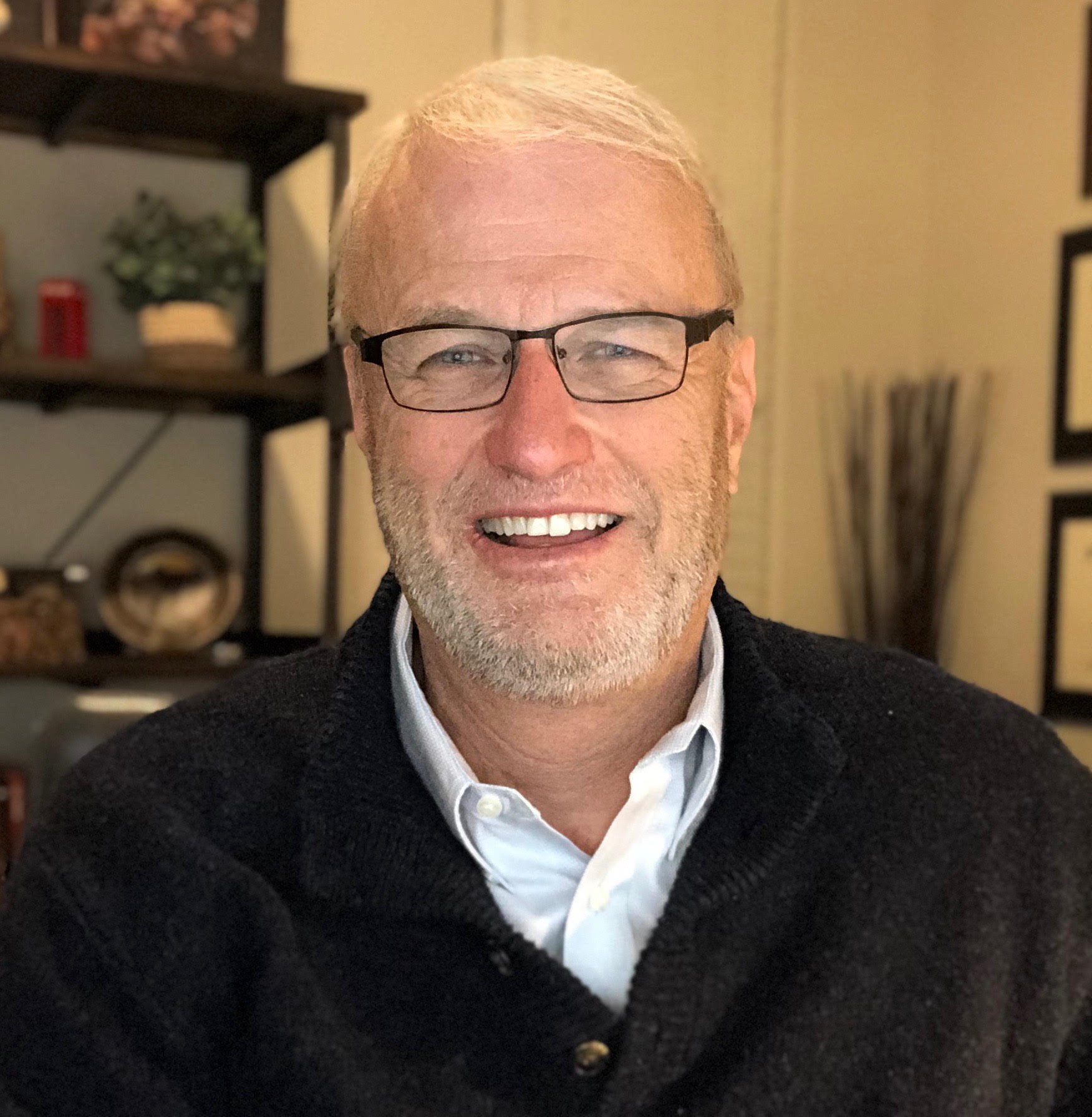Episode 22 - Toxic Work Environments: How to Recover and Thrive after a traumatic work experience with Dr. Randall Bell
Guest Spotlight
As a career coach, I've helped many clients either currently in toxic work environments or those who left, but still feel shaken to the core by their past experiences.
In this episode, I connect with trauma expert, Dr. Randall Bell to discuss ways to help individuals still reeling from negative work experiences and strategies to help them not only survive, but also thrive as they embark upon the next chapter of their career.
Randall Bell, PhD, is a sociologist and economist who specializes in disaster recovery projects.
No stranger to how harsh the world is, Dr. Bell has consulted in more tragedies around the world than anyone. He was retained for the World Trade Center, Flight 93, Sandy Hook, BP Oil Spill, Hurricane Katrina, the Bikini Atoll Nuclear Test sites, the BP Oil spill, the Northridge earthquake, OJ Simpson, Jon Benet Ramsey, Heaven's Gate, and hundreds of other cases. He has been retained by the Federal Governments of the United States, Canada, and Australia to help resolve numerous crises, and his work has generated billions of dollars to rebuild damaged communities.
Dr. Bell’s investigations have taken him to 50 states, and seven continents. Having met with countless victims, he earned the nickname of Master of Disaster. In every case, Dr. Bell observed the emotional consequences and how some fared better than others. He was inspired to put his unique research skills to work and study the cycle of trauma.
A frequent guest of the media, Dr. Bell is the featured expert in Topic’s “Distressed Real Estate” documentary series directed by Jason Stefaniak. His career has been profiled by NBC's Today Show, Rolling Stone Magazine, The Wall Street Journal, People Magazine, ABC's 20/20, Hallmark’s Home & Family, and many others.
Dr. Bell is the author of MeWeDoBe and the founder of Core IQ, a non-profit educational foundation that provides free online training on life skills.
In Post-Traumatic Thriving, Dr. Bell lays out the academic research and speaks freely about his trauma of being born with a congenital heart defect. Diagnosed with PTSD, he utilized these principles to heal from his childhood trauma and summit Africa's Mt. Kilimanjaro at 60.
Questions Dr. Bell Addresses in this Episode
Please briefly share your career journey.
Many of my career coaching clients have described their experiences working in highly toxic working environments. How can your book, Post-Traumatic Thriving help them?
Please walk my audience through the three stages: Dive, Survive and Thrive and what each entails.
After tragedies, some people fall into a pit of despair and never seem to recover, while others grieve for a time and then bounce back with renewed purpose, like those who start a foundation or find success even with their new challenging circumstances. What determines which direction the person will go with their grief?
Do you have any stories about job seekers you can share?
When job seekers get overloaded, anxious and restless, what advice does your book Me, We, Do, Be provide?
What's the best career advice you have ever received?
Connect with Dr. Bell
Dr. Bell’s website: https://www.coreiq.com
Books
These books are affiliate links, meaning I receive a small commission (at no extra cost to you) when you purchase through these links.
